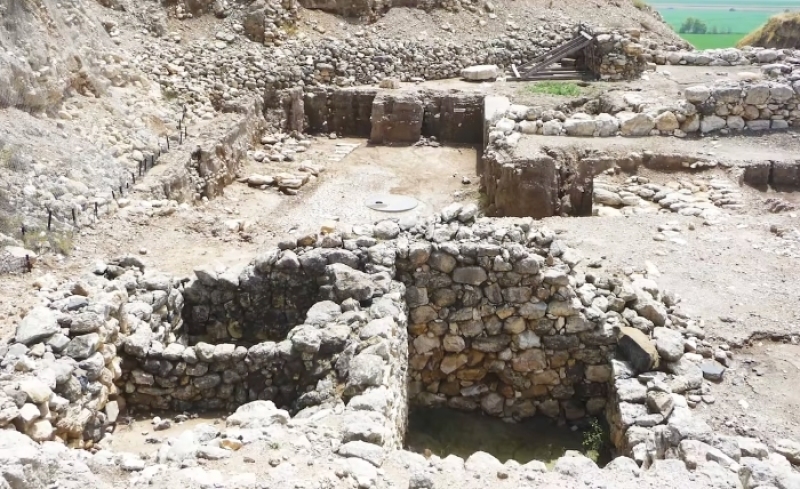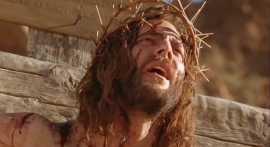
Archaeologists have discovered new evidence that supports the biblical account of the Battle of Megiddo, which is detailed in both 2 Kings and 2 Chronicles.
Recent archaeological findings include pottery fragments in the area that suggest there was an Egyptian presence around the time of the battle, which occurred in 609 BC.
Israel Finkelstein, an archaeologist at the University of Haifa and Tel Aviv University, and the lead author of the study describing the findings, stated that in addition to Egyptian pottery, remnants of Greek pottery were also discovered, likely due to the practice of hiring Greek mercenaries by the Egyptians during that period.
The Battle of Megiddo is noted as the cause of death for King Josiah, who is recognized in the scriptures as a pious king and is also mentioned in the New Testament as an ancestor of Jesus.
Josiah is celebrated in the biblical text for his fervor in turning Israel away from idolatry and encouraging worship of the Lord. He notably promoted the observance of Passover, with 2 Kings 23:22 stating, “Surely there was not holden such a passover from the days of the judges that judged Israel, nor in all the days of the kings of Israel, nor of the kings of Judah.”
However, it was not to last. The Old Testament accounts say that Pharaoh Necho of Egypt came with an army “to fight against Charchemish by Euphrates: and Josiah went out against him.”
Despite Necho warning Josiah that he had not come to fight him, Josiah is recorded as opposing him anyway. In the ensuring battle Josiah is shot by an archer and dies.
The epitaph for Josiah in 2 Kings reads, “And like unto him was there no king before him, that turned to the Lord with all his heart, and with all his soul, and with all his might, according to all the law of Moses; neither after him arose there any like him.”

















